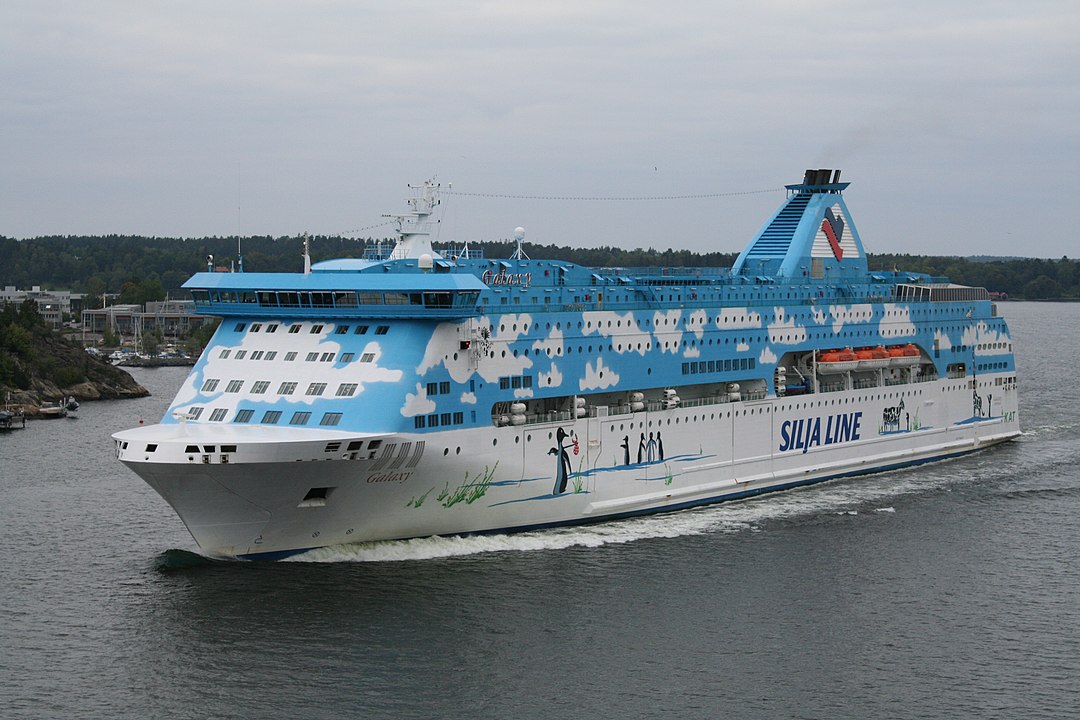Last week’s vote by MPs to end the partial priority status for refugees with residency permits in the social housing system will cost billions of euros, officials have warned.
Some 18,000 refugees who should be living in regular housing are still occupying beds in asylum centres, and officials say the new measure means they will continue to depend on temporary accommodation for years to come, due to the chronic shortage of homes.
The legislation states that regardless of their circumstances, refugees cannot be given priority over locals—even if they are homeless, fleeing domestic abuse or suffering from serious health issues. These are all reasons for being granted priority within the wider population.
Legal experts say the new rules are likely to conflict with human rights and anti-discrimination legislation. The refugee settlement agency COA said the change would require massive spending on extra temporary housing.
Local authorities umbrella group VNG, housing corporations and tenants’ rights lobby group Woonbond have also all warned the plan would cause chaos.
Refugees with residence permits currently spend an average of 34 weeks in temporary accommodation, but this is now expected to stretch into years, COA said. The agency pointed out that the average waiting time for social housing is seven years, and far longer in major cities.
Only 7% of available social housing currently goes to refugees with residency permits, according to figures from national statistics agency CBS.
Trouw calculates that it will cost €660 million for every year that an additional 10,000 refugees are forced to remain in temporary housing. Each year, around 30,000 refugees are provided with permanent homes, but under the new rules, they will have to wait their turn.
The legislation—like the controversial plan to criminalise undocumented immigrants in the Netherlands—was rushed through in the final week before parliament’s summer recess and has not been properly analysed by MPs.
It was included in a broader draft law aimed at accelerating construction, at the insistence of far-right party PVV.
Currently refugees are supposed to be housed in an ordinary home within 10 weeks of receiving a residence permit but that rarely happens. Councils are also been required by law to provide housing for a fixed number of refugees every year but often fail to reach their targets.
Thank you for donating to DutchNews.nl.
We could not provide the Dutch News service, and keep it free of charge, without the generous support of our readers. Your donations allow us to report on issues you tell us matter, and provide you with a summary of the most important Dutch news each day.
